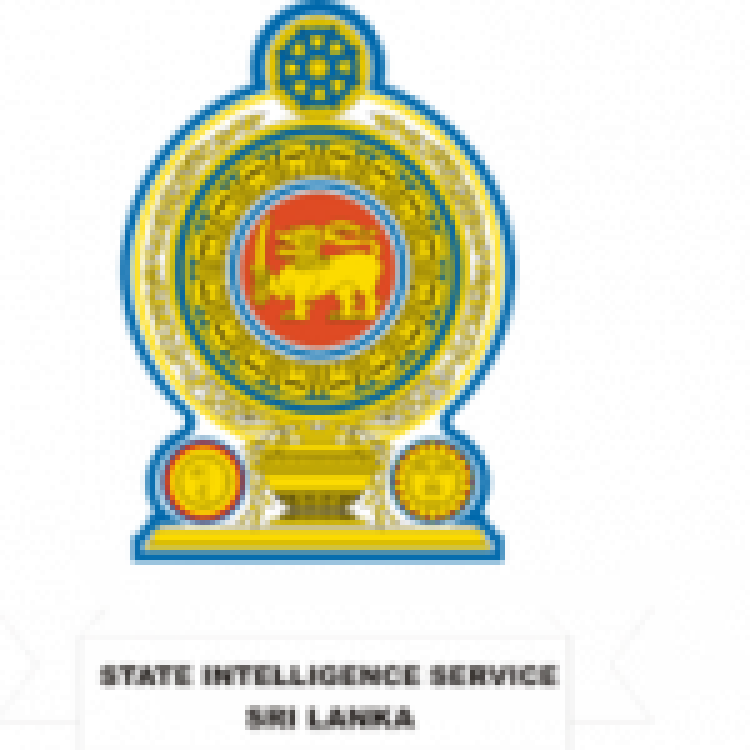The Sri Lankan president has promoted a former military intelligence director to the rank of Major General, despite his role in a number of abuses including the reported forced confession and denial of medical treatment of a Tamil doctor who served during the massacres at Mullivaikkal in 2009.
The International Truth and Justice Project (ITJP) have documented how Tuan Suresh Sallay reportedly forced Dr Thurairajah Varatharajah into giving false testimony, just days after the armed conflict had ended with tens of thousands of Tamils massacred. Dr Varatharajah was detained for approximately 100 days and coerced into giving false testimony in a staged news conference in Colombo. Suresh Sallay reportedly used as leverage the fact that Dr Varatharajah needed essential surgery on his arm to force him into the press conference, where they were instructed to state that only 650 people had died during the final phase of the massacres.
“Colonel Suresh threatened us all with many years’ imprisonment,” said the doctor. “Our families were also threatened.”
“The alleged conduct – prolonged detention without trial, psychological torture and deprivation of medical treatment - is a violation of the Convention Against Torture to which Sri Lanka is a signatory and for which those with command responsibility can be held accountable including under universal jurisdiction,” said the ITJP’s Executive Director, Yasmin Sooka. “Dr. Varatharajah is an extremely brave former government servant whose medical team saved many thousands of lives at huge risk to themselves – he deserved a medal, not to be locked up”.
Dr Varatharajah fled the island to the United States where he revealed what the Sri Lankan state had subjected him to and spoke out about the tens of thousands of people who were killed.
Sallay had been previously removed from a posting due to links with military-backed gangs causing unrest in Jaffna, until December last year when he had been appointed the head of State Intelligence Service (SIS) by Sri Lanka’s new president Gotabaya Rajapaksa. He held the post of Sri Lanka’s Director of Military Intelligence (DMI) when a wave of unrest swept through the Jaffna peninsula in 2016, which authorities blamed on the ‘Aava gang’. Sri Lankan police had also shot dead two Tamil teenagers.
Then Sri Lankan health minister Rajiva Senaratne said the military formed the ‘Aava gang’ when Rajapaksa was previously defence secretary. ”Some retired military officers and the former secretary Gotabhaya think they can use this Aava group to destabilise Jaffna and cause problems for the government," Senaratne said. "We are taking action to arrest all those involved.” At least two intelligence units were reportedly removed after his demotion.
Salley has also been accused of concealing evidence with regards to the murder of Sunday Leader editor Lasantha Wickrematunge and cartoonist Prageeth Eknaligoda.
“What we are seeing is a complex web of alleged perpetrators who have spent years in the security services protecting each another now being promoted to the highest office by the President,” said Sooka. “Impunity is now so deeply embedded that it’s impossible to talk of any kind of institutional reform.”
See more from the ITJP here.

